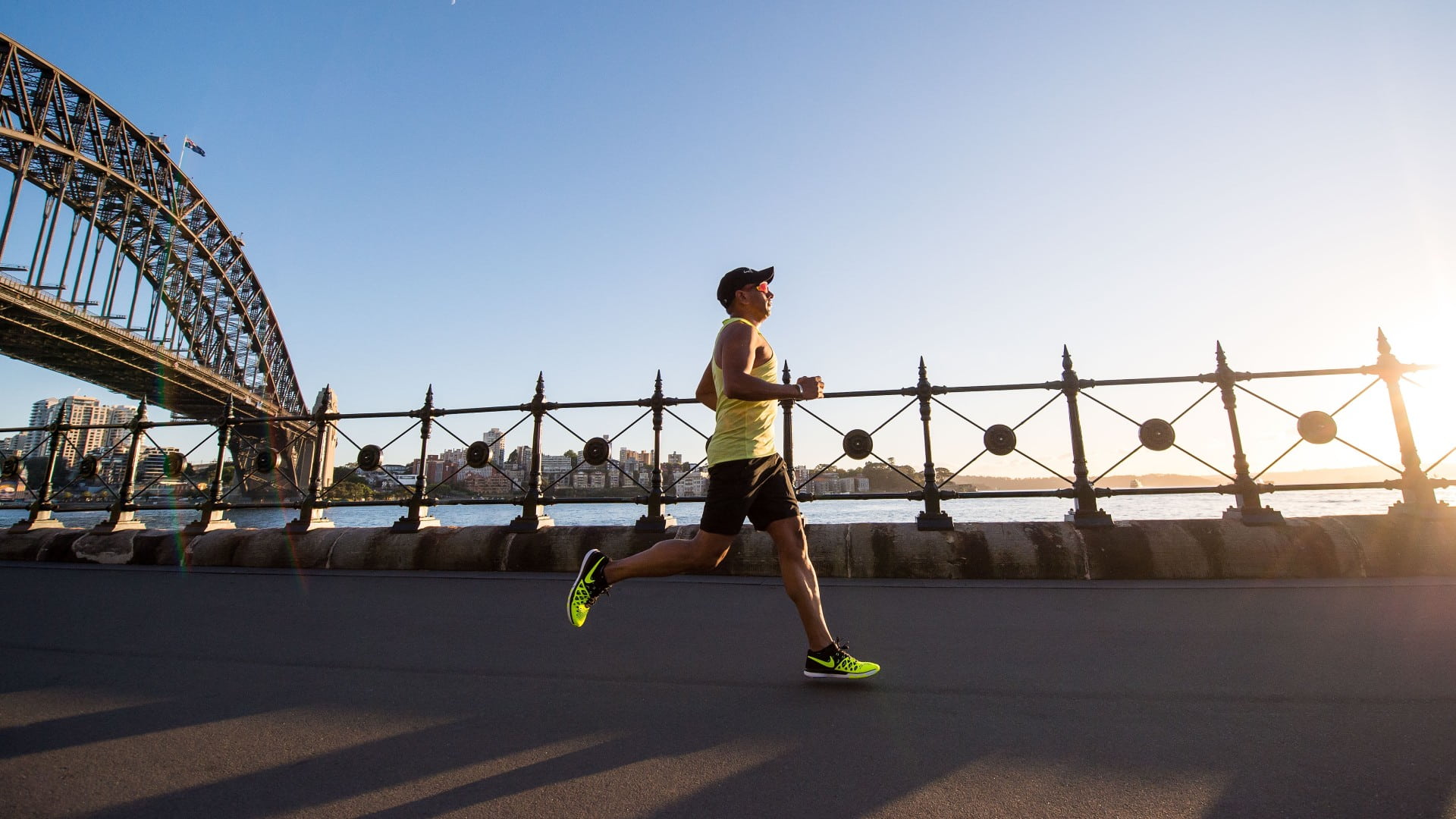May 30, 2023
Why adults need to move more, stop sitting and sleep better
UOW researchers to update 24-hour Physical Activity and Sedentary Behaviour guidelines for all adult Australians
A team of University of Wollongong (UOW) researchers have been given the green light to update the Australian Physical Activity and Sedentary Behaviour Guidelines for Adults and Older Adults, using the best available evidence to bring them in life with societal changes that have taken place over the past 15 years.
Led by Distinguished Professor Anthony Okely from the School of Health and Society and Dr Monique Francois from the School of Medical, Indigenous and Health Sciences, the research team were awarded the tender from the Australian Department of Health and Aged Care to update the national guidelines, which will encompass physical activity, sedentary behaviour – including screen time – and sleep for those aged 18-64 and those aged 65 and over.
Dr Francois said there would be a particular focus on adults living with disability and chronic conditions and priority populations, such as First Nations people, those from culturally and linguistically diverse backgrounds and postpartum women.
Over the next 18 months, the multidisciplinary researchers, drawn from across UOW’s Faculty of Arts, Social Sciences and Humanities and Faculty of Science, Medicine and Health, will bring together their expertise in 24-hour movement behaviours.
The most recent guidelines for Australian adults aged 18-64 were published in 2014, and the guidelines for older Australians, aged 65 and over, were published in 2008. Professor Okely said it is timely to update the guidelines to keep pace with the impact of technology, in its myriad forms, on society.
“Since the guidelines were last updated, there have been many changes that have taken place in society, particularly regarding the use of technology and how this changed our workplace settings,” Professor Okely said.
“The current recommendations for adults and older adults do not include sleep or recreational screen-based sedentary behaviour. We need a greater awareness of the importance of pushing back on sedentary behaviour, incorporating improved sleep hygiene and ensuring adequate physical activity.
“We know that when it comes to our health, what we do during the entire day matters. The 24-hour movement views these health indicators and behaviours through the prism of the whole day to ensure that all Australians are living their healthiest life possible.”
Researchers from UOW have an extensive track record in shaping physical activity and sedentary behaviour guidelines. Since 2008, UOW has worked with the Department of Health to lead the development of five sets of national guidelines, including the current Australian 24-hour movement guidelines for the early years, and the guidelines for children and young people.
Professor Okely said the UOW research team, comprising Dr Francois, Associate Professor Anne-Maree Parrish, Associate Professor Dylan Cliff, Dr Kar Hau Chong, Dr Rebecca Stanley and Dr Rochelle Davis, bring considerable expertise and experience in the fields of physical activity, sedentary behaviour and sleep.
Professor Okely said the researchers were excited to get started and would provide their recommendations to the Department of Health and Aged Care over the next 18 months.
“Good health and good habits do not end at a certain age, so we are looking forward to creating a set of 24-hour guidelines that take into account the needs of our modern society and will provide a fundamental framework for all Australians of all ages,” he said.
UOW is committed to addressing the United Nations Sustainable Development Goals, which provide a shared blueprint to achieve a better and more sustainable future for everyone. This project addresses Sustainable Development Goal 3, Good Health and Wellbeing, which ensures healthy lives and promotes wellbeing for all ages.
